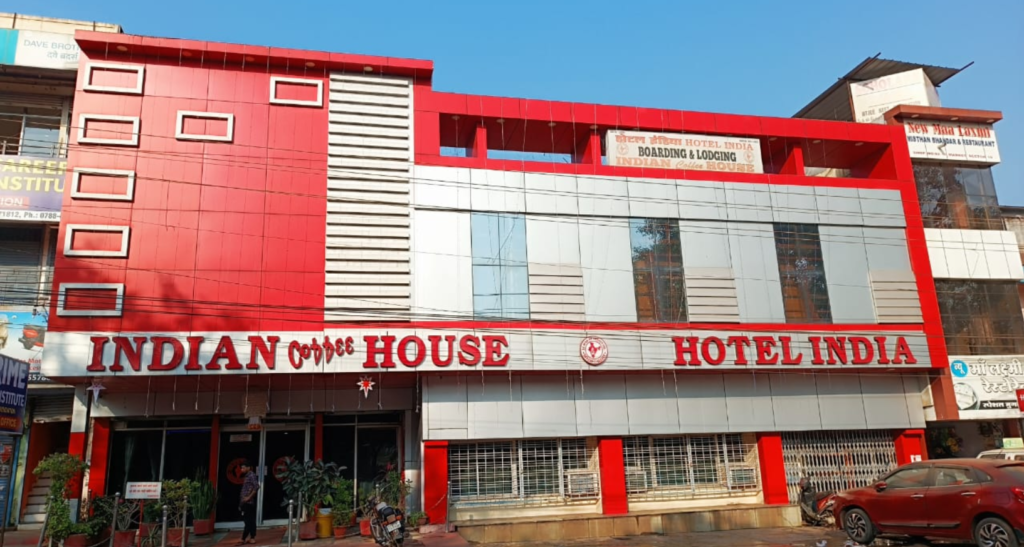Brewing politics @ICH
Indian Coffee Houses, even during the era of the unified Madhya Pradesh, played a pivotal role in promoting a community of politicians, lawyers, thinkers, students, and those immersed in social ideologies. This iconic establishment, often called ICH, has long served as a gathering spot for a diverse array of individuals, including those from the working class, business sectors, social thinkers, and politicians.
In cities like Raipur and Bhopal, when Chhattisgarh was still part of undivided Madhya Pradesh, ICHs were vibrant hubs where politicians from all parties would converge. These venues were hotspots for political discourse and idea exchange. Though the discussions might not always have yielded substantial points, the coffee house sittings proved invaluable learning grounds for many politicians. Numerous individuals who frequently participated in these discussions became ministers, MLAs, and MPs.

When Union or State ministers visited Raipur or Bhilai, the ICH was often chosen as the venue for press meetings. Its accessibility and welcoming social atmosphere made it an ideal location. Many politicians received their political education through these gatherings, absorbing lessons that shaped their careers over cups of coffee or tea. The ICH provided a cost-effective space for meetings, especially for those with limited financial resources. The management’s policy of not compelling customers to vacate, even if they were not ordering anything, contributed to the ICH’s popularity. Patrons could sit for hours, only needing to ask for a glass of water to remain seated, which led to the ICHs being perpetually crowded.
However, as times have changed, so have the habits of the political and social elite. While the older generation still cherishes the ICH, many meetings and briefings have shifted to more luxurious hotels that are often out of reach for the middle class. This shift highlights a significant change in the political landscape and the mindset of contemporary politicians. The intimate, ideologically rich discussions that once formed the core of political thinking have largely disappeared. Today’s politicians could greatly benefit from the wisdom of their predecessors, ensuring their political journeys are grounded in substantive experience and insight.
Indian Coffee Houses, with their rich legacy of nurturing political thought and social discourse, remain a testament to an era when politics was deeply intertwined with grassroots discussions and community engagement. The new generation of politicians stands to gain immensely from revisiting these humble yet intellectually fertile grounds.
